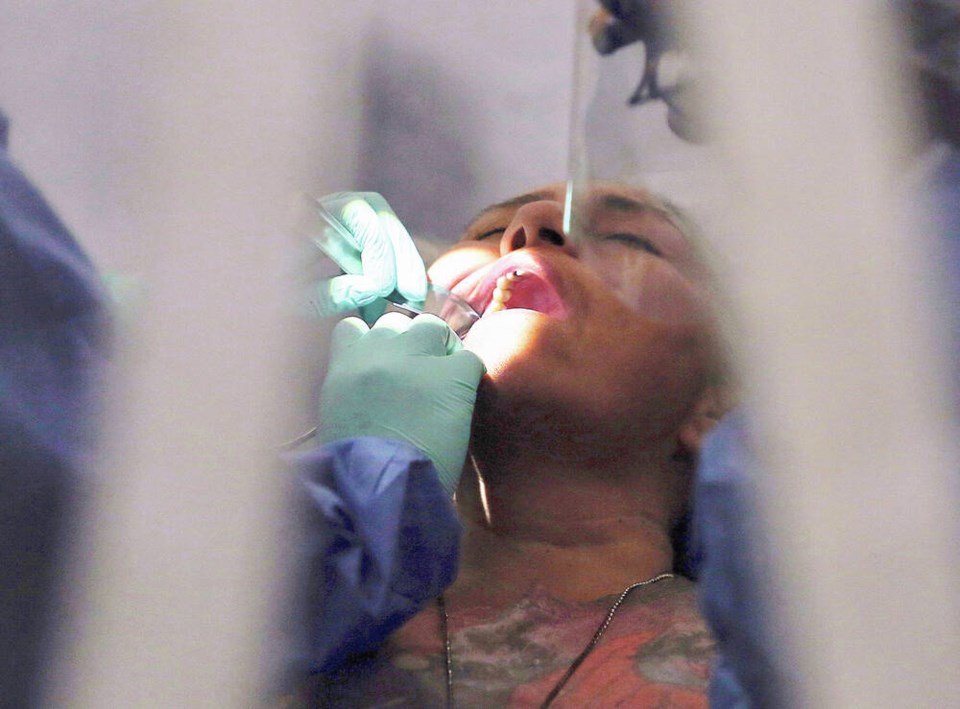As the Council of the Federation convenes in Victoria next week, intergovernmental collaboration on access to health care will no doubt be at the top of the agenda for Canada’s premiers. But brewing in the shadows is another pressing health-care issue the provinces need to discuss — dental care.
Three months ago, Finance Minister Chrystia Freeland delivered the 2022 federal budget, which contained a historic funding commitment to enhance access to dental care. For dentists, who have long advocated for federal investments into existing dental care programs, this was welcome news.
But Freeland’s budget announcement also came with an ambitious timeline for implementation and as we enter into the summer months, it is worrying to hear reports that discussions between the federal government, provinces and territories have yet to take place.
Current dental care programs, which exist in some shape or form in each of the provinces and territories, provide ready-made infrastructure that could be built on to roll out this funding with quick and efficient impact.
The federal government seemed to recognize this as well. Shortly after the budget announcement, Freeland and Prime Minister Justin Trudeau both committed to working “carefully” and “in partnership” with provinces and territories, and were ready to “roll up their sleeves” and take a “collaborative approach” across jurisdictions, just as they had demonstrated with child care.
Intergovernmental collaboration on enhancing access to dental care is not only important because of provincial and territorial responsibility when it comes to health-care program delivery, and because of the many programs that — while largely underfunded — already provide support to so many. The oral health landscape across Canada is also incredibly complex and varied, with each part of the country starting at a different place when it comes to these initiatives.
Any path forward on this file needs to take these different realities into account and it would be ill-advised to rush on such an important yet complex file, solely to meet artificial political deadlines.
Over the past few months, the Canadian Dental Association has had multiple opportunities to engage with Health Canada and Minister Jean-Yves Duclos. The level of openness and engagement has been highly appreciated and we look forward to continuing this collaboration.
That said, it is overdue for both levels of government to come together, and work on a long-term solution that is well-informed, targeted, comprehensive and effective.
Next week’s meeting is a perfect opportunity for Premier John Horgan, as chair of the council, to discuss enhancing access to dental care as part of their agenda, and to commit to working closely with Ottawa over the coming months.
Provincial and territorial expertise and experience in this space is invaluable. Likewise, Duclos, Freeland and Trudeau need to roll up their sleeves over the summer and begin formally engaging their provincial and territorial counterparts in the process going forward.
We have a once-in-a-generation opportunity to make a huge difference for the oral health of millions of Canadians. Let’s all work together and get this right.
>>> To comment on this article, write a letter to the editor: letters@timescolonist.com



